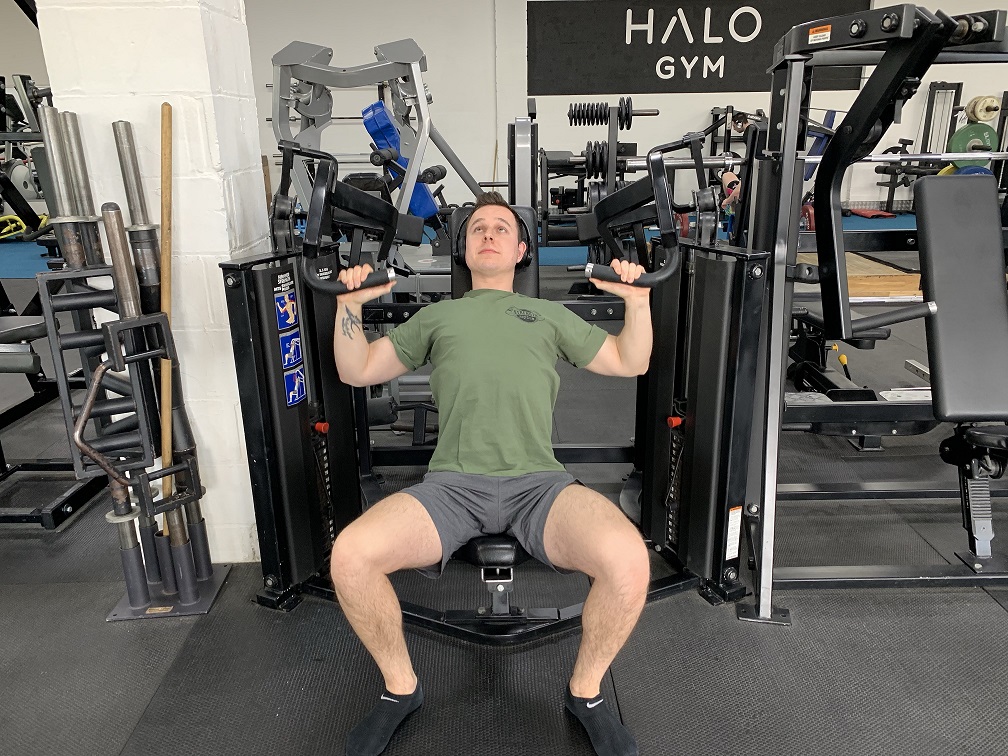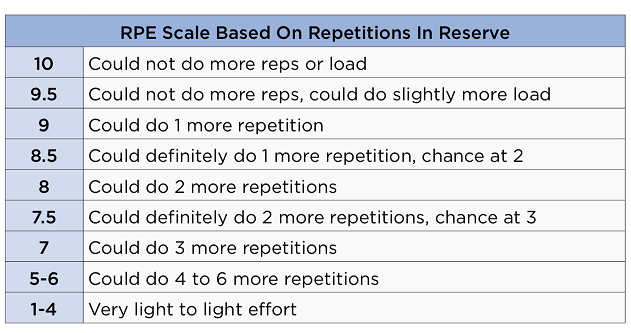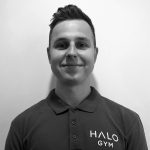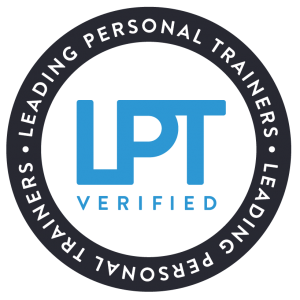TRAINING INTENSITY
By Andy Hillocks

Intensity refers to either the ‘intensity of load’ or the ‘intensity of effort’; how much you are lifting or how near to your maximal effort that load is respectively. A popular way to measure intensity is RPE (rate of perceived exertion) a scale based on reps in reserve. Essentially you rate how close to failure you are at the end of each set.
Two aspects of intensity are important for hypertrophy, ‘intensity of effort’ (how close you are to failure), and to a lesser degree ‘intensity of load’, how heavy or light the loads you train with are. Also key is making sure that your loads increase over time across a spectrum of rep ranges.
It’s repeatedly been shown that both high and low loads can cause similar hypertrophy responses when volume is similar and effort is high. However there is a point where the load is too light to be optimal. Several studies have shown that sets of 40+ reps produce too much fatigue before resulting in adequate muscle stimulus, whereby the results favour endurance training rather than hypertrophy.

With that known, and hypertrophy the goal, the weight needs to be heavy enough and sets need to be adequately challenging (6+ Rate Perceived Exertion). Not very specific I know, so let’s break it down a bit more. Lower intensity work, 15-30 rep range will induce hypertrophy but can be fatiguing, so it’s best to keep the high rep sets away from compound movements, especially if it’s multiple sets of this rep range. High intensity work, 4-8 reps, strength work if you will, is still very important for hypertrophy, as being stronger means you can use heavier loads, which allows you to do more volume more easily.
With all this known, here is a practical recommendation for you:
Perform 2/3 of your volume in the 6-12 rep range at a 6-10 RPE, and the other 1/3 in the lower-rep, higher-intensity (4-8 reps at a 6-10 RPE) and higher-rep, lower-intensity ranges (12-20 reps at a 6-10 RPE).

About the author
After studying Sport & Exercise Science at Portsmouth University Andy realised his passion was to help the general population better their lives through health and fitness. Andy believes that training and eating nutritious foods shouldn’t be seen as a hindrance on an individual’s life, it should be seen as a way to improve it. Andy feels it’s his job as a personal trainer to educate his clients on training and nutrition so it can become an enjoyable part of their lifestyle.


